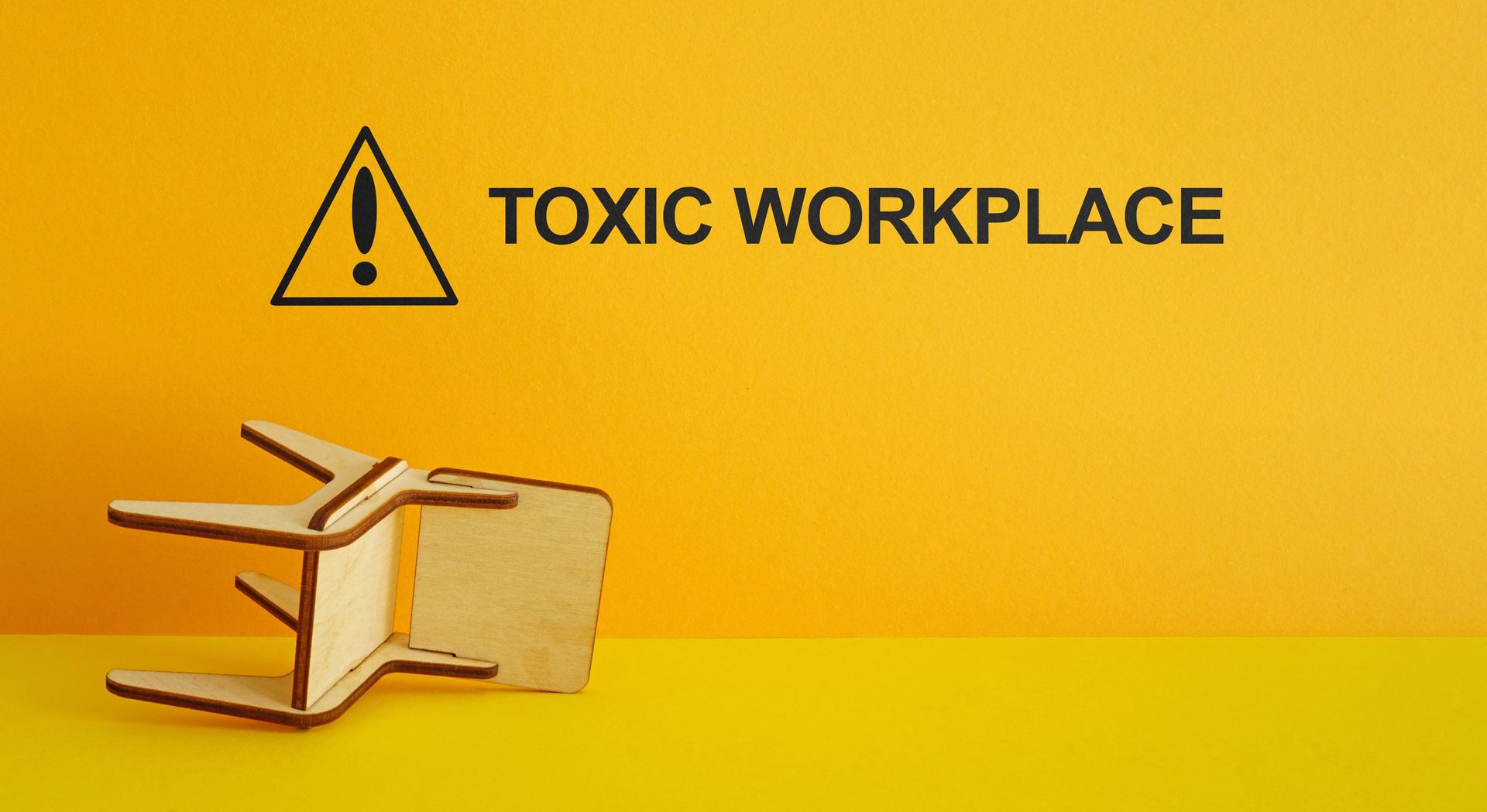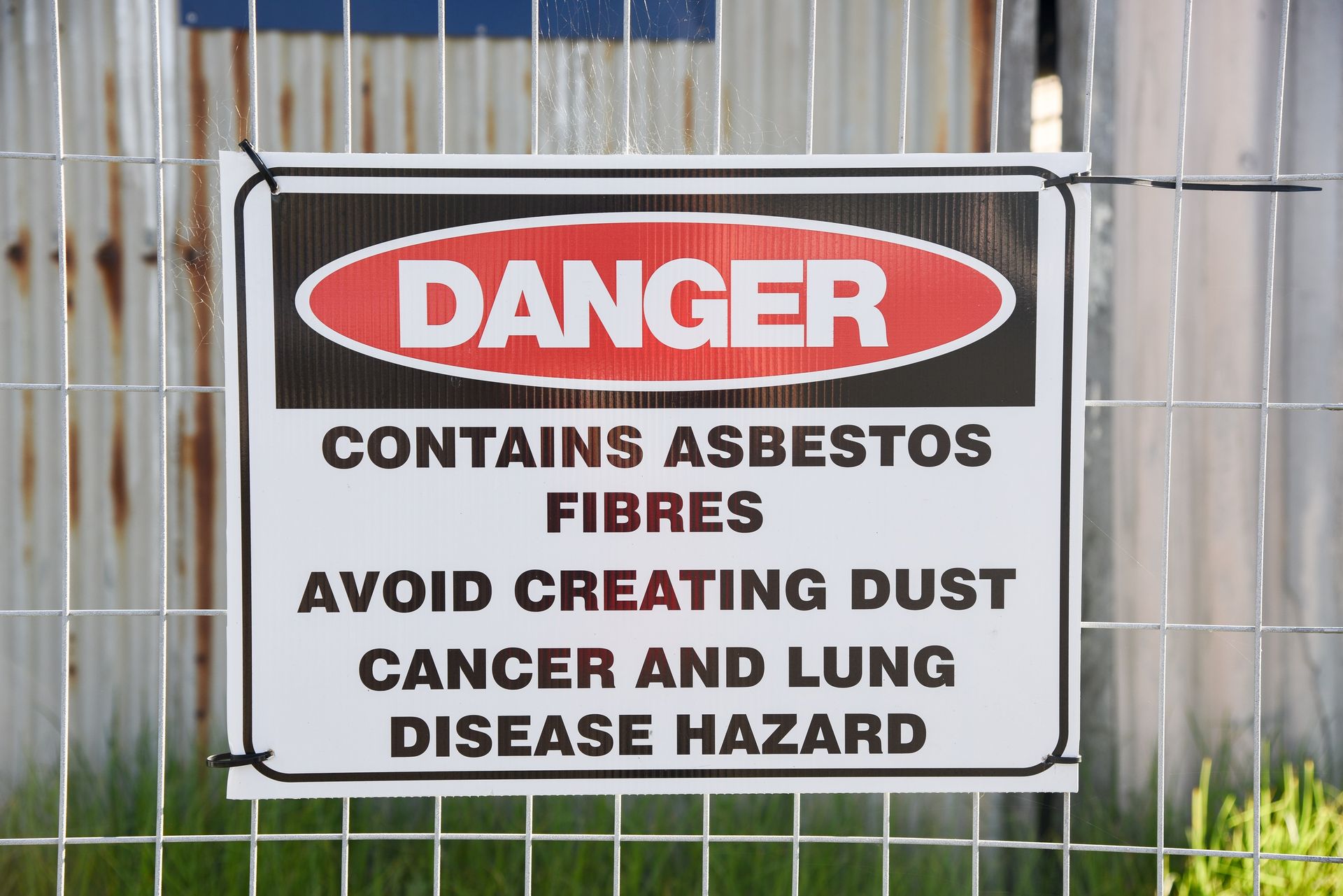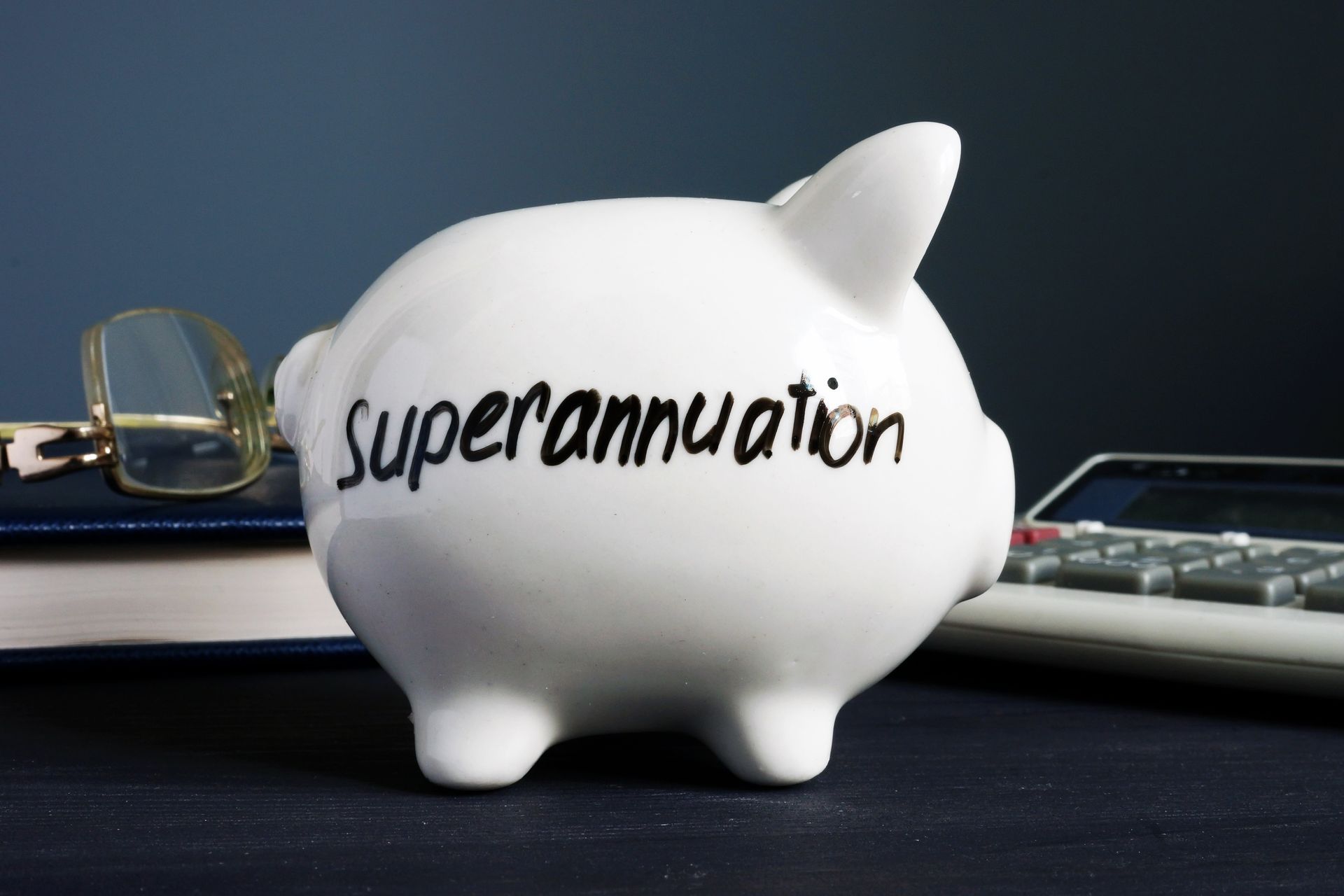Where does your Superannuation go when you die?
Kells Lawyers • November 7, 2019
For majority of Australians, superannuation entitlements comprise some of the largest assets we own in our life. According to The Association of Superannuation Funds of Australia, superannuation assets totalled a whopping $2.9 trillion at the end of the June 2019 quarter. [1]
We know that superannuation, or ‘super’ for short, is the money put aside by your employer whilst you are working so that you will have money to live on once you reach retirement age. Each individual’s super balance is dependent on a variety of factors, including the amount made in contributions, how long the funds have been invested for and the amount paid in fees over time.
What some people don’t know is that superannuation is classified as a non-Will asset and therefore it does not automatically form part of your estate and does not necessarily pass by your Will once you die.
Where does your super go then?
Generally speaking, you have the ability to nominate a beneficiary on your superannuation policy. This is what is referred to as your Binding Death Benefit Nomination and this ensures that super death benefit will be paid out to your nominated beneficiary once you die.
The beneficiary you nominate must be in the class of eligible persons, such as your spouse, child or children over the age of 18 years or an individual with an interdependency relationship on the deceased. If you have no dependents then you may nominate your estate so that the funds may be distributed according to the provisions of your Will, or where there is no Will, in accordance with the rules of intestacy. [2]
What happens if you don’t have a Binding Death Benefit Nomination?
If you fail to nominate a beneficiary, then the Trustee of your superfund will pay your death benefit to your estate or they may utilise their discretion to determine which eligible beneficiaries the money should be paid to.
This discretionary tool has resulted in an increase in disputes over the ownership and distribution of superannuation death benefits. If you believe that the superannuation fund paid the death benefit to the wrong person, or you believe that you are entitled to the death benefit you must seek an internal review with the super fund within 28 days of being notified of the decision. If the decision is appealed, the matter is then referred to the Australian Financial Complaints Authority. In the first six months of operation of the Australian Financial Complaints Authority, approximately 35,263 complaints were received with 60% of these complaints being resolved. [3]
What can you do?
The key to protecting your assets and ensuring that those assets are distributed to your loved ones is to ensure that you have an appropriate estate plan in place. This is include making sure you have a valid Binding Death Benefit Nomination in place so that your super is paid to the person of your choosing and not left for the Trustee of your superfund to decide for you.
If you require further information, please contact one of our offices.
[1] https://www.superannuation.asn.au/resources/superannuation-statistics
[3] https://www.afca.org.au/news/statistics/six-month-report/
Image Credit - Sumkinn © Shutterstock.com

Kells has been delivering outstanding services and legal expertise to commercial and personal clients in Sydney and the Illawarra region for more than five decades. Our lawyers are savvy and understand your needs.
Subscribe
Want to get the latest articles and news delivered to your inbox?




